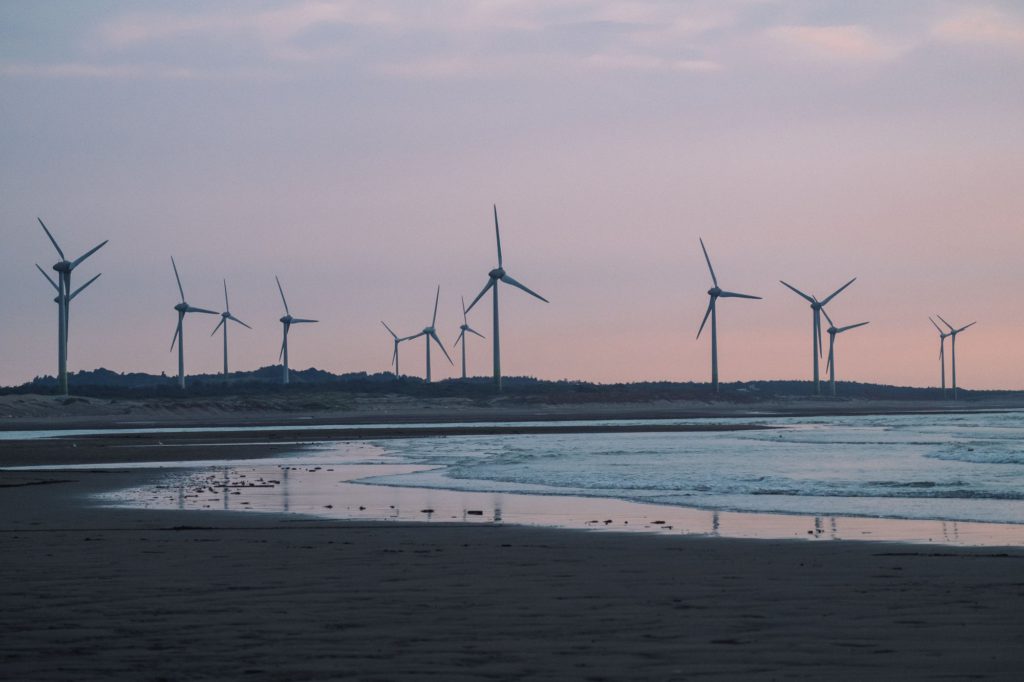(Bloomberg) — Taiwan is planning a massive clean energy spending spree through 2030 to redouble climate efforts after government officials said they will likely miss 2025 targets.
The government and state-owned companies plan to spend about NT$900 billion ($32 billion) between 2022 and 2030 on renewable technologies, grid infrastructure and energy storage, according to a report posted on the National Development Council’s website Wednesday. The report lays out a road map for the island to hit net-zero emissions by 2050, a goal set by President Tsai Ing-wen last year.
The report came a day after Minister of Economic Affairs Wang Mei-Hua told lawmakers that the island will likely reach its goal of producing 20% of its power from renewable sources in 2026 or 2027, later than original plan of 2025, the Economic Daily News reported.
Taiwan has struggled in recent years with an energy transition that attempts to reduce emissions while also moving away from unpopular but carbon-free nuclear energy. Regional blackouts hit the island earlier this month in the latest sign its electrical grid is creaking under the weight of rising demand from technology manufacturers, including the world’s biggest chipmaker Taiwan Semiconductor Manufacturing Co.
“Taiwan power users including TSMC are most likely to see a rising power bill in the coming years, due to the clean energy transition combined with an increase in natural gas prices,” said BloombergNEF power analyst Wei Hanyang. Still, it “may not be sufficient to prevent Taiwan from another serious blackout if there were unexpected malfunctions or extreme weather events.”
Wednesday’s report calls for 60% to 70% of Taiwan’s power to come from renewable sources by 2050, 9% to 12% from hydrogen, and as much as 27% from fossil fuels equipped with carbon capture technology. The government’s plan to phase out nuclear power by 2025 remains unchanged, EDN reported, citing Premier Su Tseng-chang.
The government plans to stop building new coal-fired power plants from 2025, and boost total installed solar and wind capacity to 40 gigawatts by 2030. It also aims to allow sales of only electric cars and motorcycles by 2040, the government report said.
More stories like this are available on bloomberg.com
©2022 Bloomberg L.P.











